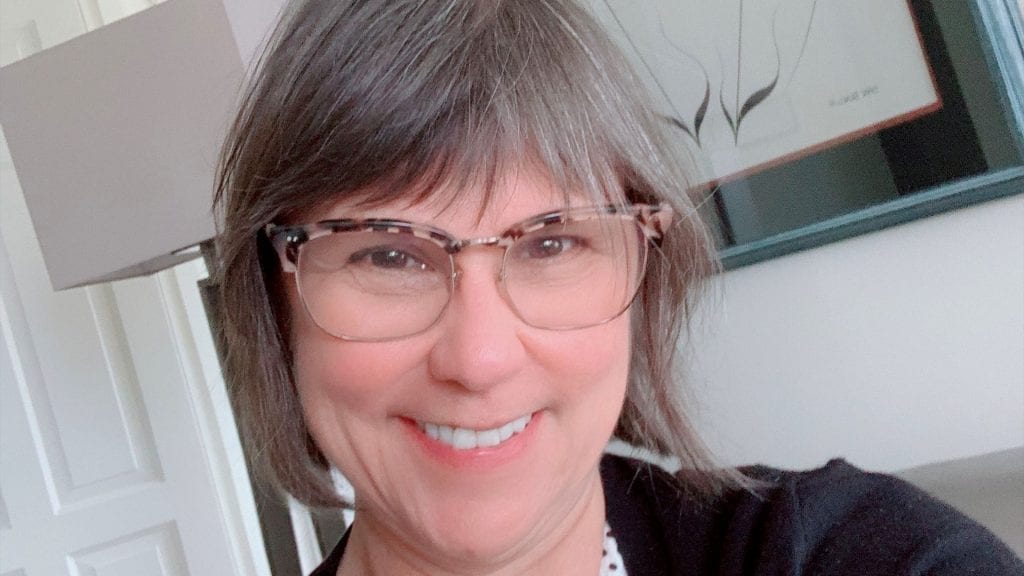
Laurie Dokis, Anishinaabe from Dokis First Nation. Photo: Laurie Dokis
Since Laurie Dokis became a nurse in 1994, she has made it her mission to ensure Indigenous Peoples have access to culturally safe care.
“I wanted First Nations people to have access to a primary care provider that was going to give them respectful care,” she says.
“Because I experienced and witnessed so much in my practice and my clinical practice.”
Dokis is Anishinaabe from Dokis First Nation in Ontario, and she is a Registered Nurse and nurse practitioner currently working with First Nations Health Authority (FNHA) as a manager for quality and feedback.
Her work comes from a trauma-informed and culturally-humble approach, she says, that’s inspired by caring women in her own life. To ensure she is grounded in her work, she starts each day by smudging and praying, then meditation and yoga.
Nursing with caring
“I equate nursing with caring,” she says. “My grandmothers, my mother, my aunt, sisters — those people that cared for me when I was not feeling well or cared for my spirit.”
For the past 15 years, she has embodied this practice, and worked to support nurses working in Indigenous communities to meet professional practice standards.
She says being an intermediary and an educator to her colleagues is something most Indigenous nurses are familiar with.
Her work has evolved over the years. In recent years with FNHA, she led the development of a culturally safe complaints process for Indigenous patients in B.C
“We wanted to create a safe place for B.C. First Nations to get assistance, to help navigate the provincial health services complaints processes,” says Dokis.
Experience racism
Now, she says, if an Indigenous person experiences racism while trying to get treatment, they can call FNHA’s client complaints and quality office and get help with how to navigate it.
She gives an example of an Indigenous person being treated as drug-seeking while coming in with a health problem, and being sent home without treatment.
Client complaints would help the person unpack their experience, “feeling that they were discriminated against, possibly racialized, but definitely the standards of care were not as they should be,” Dokis says.
The next steps would depend on what the person wanted — a formal complaint or assurance it is documented.
“We could walk the journey with the client,” says Dokis. “Oftentimes people want to remain anonymous. We can help move the issue forward and maintain their anonymity.”
TRC Calls to Action
Dokis says the Truth and Reconciliation Commission of Canada’s 94 Calls to Action included recommendations for all healthcare professionals to take Indigenous cultural competency courses, and that’s happening, “but it’s not necessarily being mandated through each of the health authorities.”
“I’m still involved in advancing that agenda, that the regulatory colleges have a standard for cultural safety and humility,” she says.
Although there are many areas where change is still needed, Dokis says she has seen many changes since she completed her master’s degree — focused on culturally competent care for nurses — two decades ago.
“It’s changed so much. [Nursing students] are being educated in social justice, critical race theory. [Curriculum] is very much grounded in understanding the determinants of health,” she says.
“And it’s up to this generation of nurses, moving forward, to disrupt and replace these policies and practices, so that we have equitable services for the original First Nations people of this land.”
May 10 to 16 is National Nursing Week in Canada, which recognizes the courage and commitment that nurses bring to their work. For Indigenous nurses, this commitment is twofold, as they are also leaders in navigating and transforming colonial systems.










